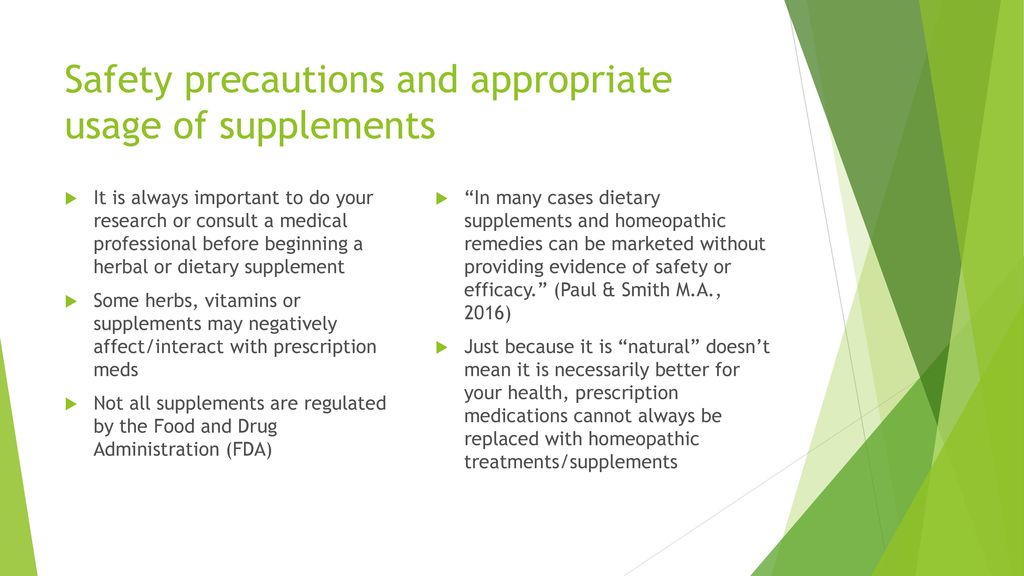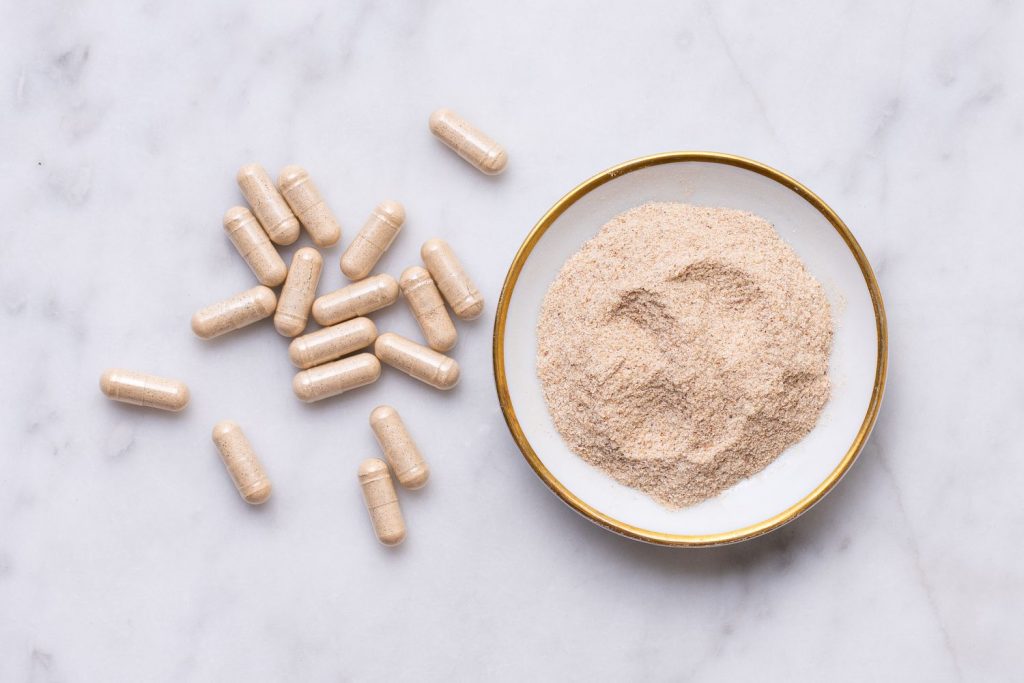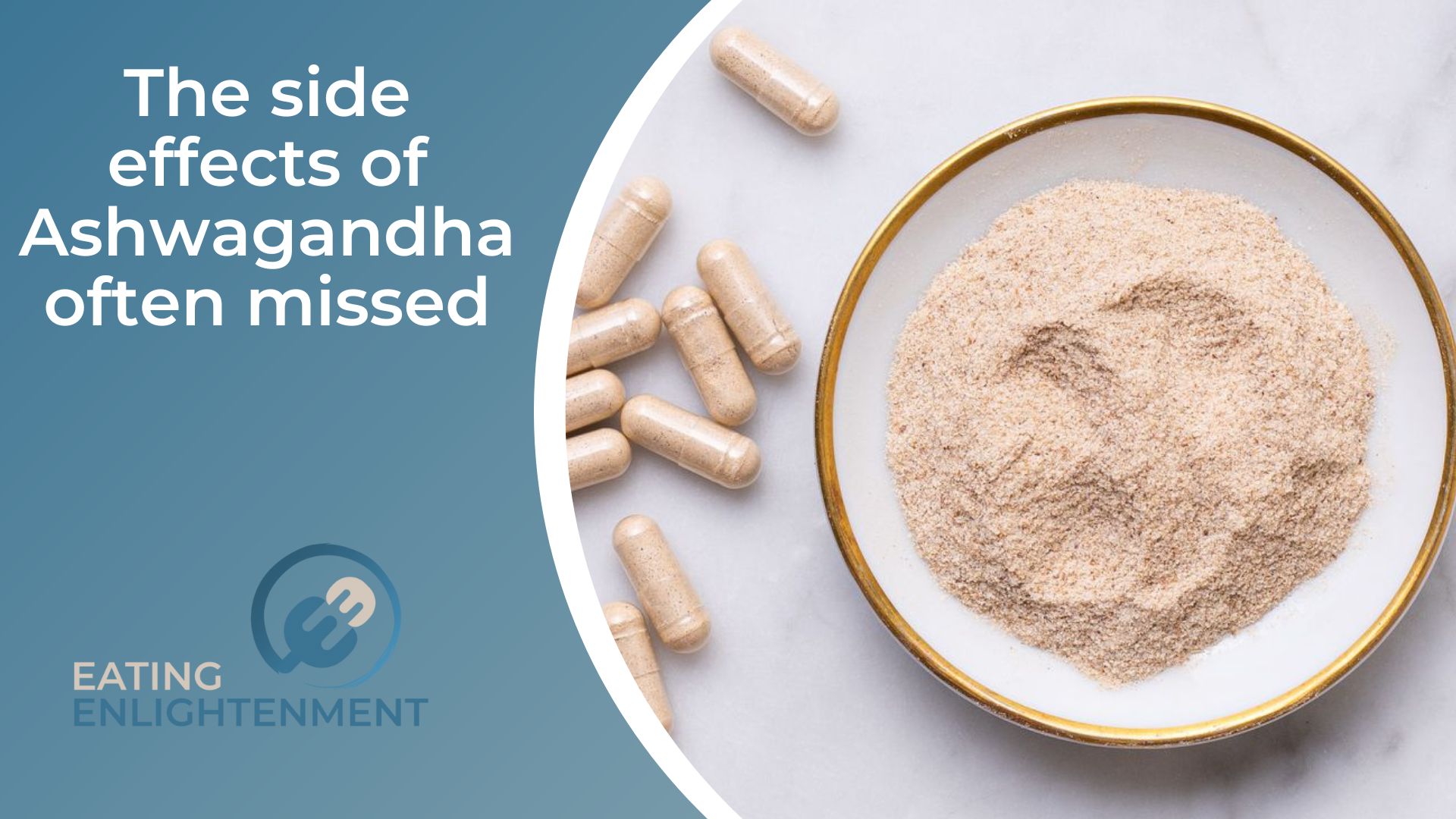If you are like most people, you are always looking for ways to improve your health.
There are so many different supplements and herbs on the market that it can be difficult to know which ones are worth taking.
Ashwagandha is one such herb that has been gaining popularity in recent years.
- But what is ashwagandha?
- What are the benefits of taking it?
While ashwagandha is mostly positive, and that’s why we have reviewed ashwagandha supplements, most people don’t know about the side effects of ashwagandha.
Please note: we are favorable towards ashwagandha and recommend you research the ingredient if you desire more stress relief and well-being.
However, we also want to take a balanced perspective towards supplementing in general.
Because ashwagandha is overhwhelmingly popular, and mostly beneficial, it’s easy for some of the negative side effects (which are rare) to be forgotten.
Yet if you get too hyped up, you might overfocus on ashwagandha in hopes your sleep, stress, and anxiety woes will go away if simply find the right supplement.
However, in general you want to first focus on getting more sleep, mindfulness, and great nutrition. Only then should an ashwagandha supplement be considered – after you prioritize optimizing your health habits.
So, what are the side effects of ashwagandha? Under what conditions do they appear?
In this blog post, we will answer all of your questions about ashwagandha!
Side effects
Side effects of taking ashwagandha are generally considered mild and short-lived. Some common side effects include:
- diarrhea
- vomiting
- stomach upset
- drowsiness
In rare cases, there have been reports of allergic reactions such as skin rashes or difficulty breathing.
It is important to note that these side effects may be more intense if the supplement is taken in large doses.
Other possible side effects include:
- changes in mood
- fatigue
- restlessness
- muscle soreness
- increased heart rate
These symptoms usually subside within a few days to weeks after beginning use of ashwagandha.
It is advised to consult a doctor before using any herbal supplement if you have an existing medical condition or are taking other medications.
In addition to potential physical side effects, ashwagandha use can also cause psychological side effects such as increased anxiety or depression.
Although these symptoms are rare, it is important to be aware of them if one starts feeling significantly worse after starting the supplement.
If this occurs, it is best to stop taking ashwagandha as it can exacerbate certain mental health issues for some individuals.
What is ashwagandha?

Ashwagandha is an herb that has been used for centuries in Ayurveda, an ancient Indian system of medicine.
Ashwagandha is believed to offer a variety of health benefits, including improved cognitive function, reduced anxiety and depression, and enhanced sexual function.
It is also thought to help protect against stress and age-related damage.
Read on to learn more about the scientifically proven benefits of ashwagandha and the side effects you should be aware of before taking it.
May lower blood pressure

Ashwagandha has been shown to have potential cardiovascular benefits, including the potential to lower blood pressure.
This can be beneficial for those who suffer from high blood pressure or hypertension.
It is important to note that if you are already taking medication for hypertension, you should not take ashwagandha without consulting your doctor first as it may interact with your medications.
Recommended dosage
The recommended dosage of ashwagandha can vary depending on factors such as the person’s age, weight, and health condition.
It is generally recommended to start with a low dose (200–500 mg per day) and increase it gradually over time if needed.
Taking too much ashwagandha may cause side effects so it is important to follow your doctor’s or healthcare provider’s instructions.
Precautions to be taken

Precautions should be taken when taking ashwagandha to ensure the safest possible experience.
It is important to consult with a doctor before beginning any supplement regimen, as certain conditions and medications may interact with ashwagandha in dangerous ways.
Ashwagandha should not be taken in place of conventional medical care or treatment and should only be used under the supervision of a healthcare professional.
It is important for those taking ashwagandha to be aware of potential side effects so that they can recognize them quickly if they occur.
In rare cases, allergic reactions such as skin rashes or difficulty breathing have occurred after taking ashwagandha supplements.
If any of these symptoms occur or worsen after beginning supplementation it is best to discontinue use immediately and speak to your doctor about other options for managing your symptoms.
Keep in mind that dietary supplements are not regulated by the Food and Drug Administration (FDA) in the United States so it is essential to buy supplements from a reputable source that follows good manufacturing practices (GMP).
Purchasing from reliable sources will help ensure the highest quality product so you can safely reap all of ashwagandha’s potential benefits.
Who Should Not Take Ashwagandha?
- Pregnant women should avoid taking ashwagandha due to its potential for harm during pregnancy.
- Women who are breastfeeding or plan on becoming pregnant should also not take this supplement as it may interfere with their health and the safety of their unborn child.
- Similarly, children under 18 years old should not take ashwagandha without first speaking to their pediatrician or family doctor.This is because there is potential for harm to a developing fetus or baby.
- Additionally, people with certain medical conditions, including thyroid disorders, diabetes, high blood pressure, and heart problems should consult their doctor before taking ashwagandha as it may interact with medications they are already taking.
- Some people may also be sensitive or allergic to the active compounds in ashwagandha which can cause skin rashes, difficulty breathing, and other uncomfortable symptoms.
If you experience any kind of adverse reaction after taking ashwagandha you should stop using it immediately and speak to your doctor about other options for managing your condition.
Finally, even if a person does not have any of the above conditions or allergies it is still important to talk to your doctor before beginning supplementation as some interactions could occur between ashwagandha and other medications you are currently taking.
This will help ensure that you get the most out of your supplement regimen while avoiding any potential risks associated with taking too much or too little of this powerful herb.
What happens when you have ashwagandha daily?

When you have ashwagandha daily, you may experience improved energy levels, better sleep, and reduced anxiety.
Ashwagandha may help to improve cognitive function and memory. Some people also report that they lose weight when taking ashwagandha on a regular basis.
While these are all potential benefits of this supplement, it is important to speak with your doctor before starting supplementation to ensure that ashwagandha is the right choice for you and to rule out any potential interactions with medications or other health conditions you may have.
Some of the potential benefits of ashwagandha include improved energy levels, better sleep, reduced anxiety, improved cognitive function and memory, and weight loss.
Can ashwagandha increase anxiety?
No, ashwagandha is known to increase anxiety. In fact, it is often used to treat disorders such as anxiety and stress.
However, if you are already experiencing high levels of anxiety it is important to speak with your doctor before taking ashwagandha as it may make your condition worse if you are anxious about taking ashwagandha!
Summary
Ashwagandha is an herb used to help reduce anxiety, improve energy levels, and enhance cognitive function.
It has been used in Ayurvedic medicine for centuries and has become a popular dietary supplement.
While it can be helpful for some people, there are potential side effects and interactions with medications or other health conditions that must be considered before taking ashwagandha.
Speak with your doctor before beginning supplementation to ensure that ashwagandha is the right choice for you and to rule out any potential interactions with medications or other health conditions you may have.
And remember pregnant women, women who are breastfeeding or plan on becoming pregnant, children under 18 years of age, and those with certain medical conditions should avoid taking ashwagandha.
With the right precautions, ashwagandha can be a safe and effective way to improve your overall health and wellbeing.



